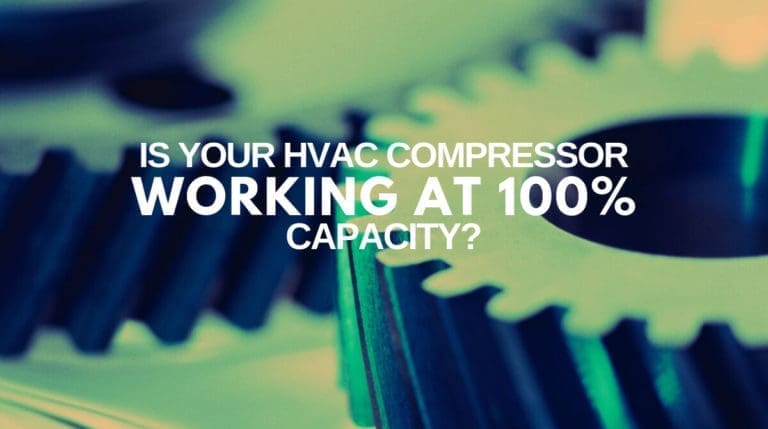Proper Installation Procedures
When new HVAC compressors are installed, technicians must be able to match the compressor to the system and then make sure the entire system functions efficiently. The entire HVAC system must be thoroughly checked to ensure that every component within the system is doing its job as effectively as possible. It’s important that these checklists are completed by qualified HVAC technicians that have specifically trained in the installation and set-up processes.
Coordinating the System
An HVAC compressor is only one part of a larger system. There are several pieces of equipment within the system that must work together seamlessly in order to maintain maximum efficiency. As part of the commissioning and start-up process, it is up to the HVAC technicians to ensure that every piece of equipment within the system is coordinated with the others. This not only keeps the entire process running smoothly, but it will also reduce waste and maximize the energy efficiency of the system as a whole.
Check the Coils
The coils within the HVAC compressor must be checked on a regular basis. The age of the coils can cause them to lose efficiency and make other components within the system work harder than they have to. In addition to having a qualified HVAC technician check the pressure in the coils, it’s also essential that the coils be cleaned on a regular basis. If dirt or dust begins to accumulate around the coils, it can cause them to have to work harder than necessary. As a result, they may begin to wear out much faster making it necessary for them to be replaced more frequently.
Regular Maintenance
Just like any other piece of equipment, your HVAC compressor, as well as the rest of the system, must receive regular maintenance. During regularly scheduled maintenance, HVAC technicians can spot areas of potential wear and tear that may lead to extensive damage if not taken care of immediately. Regular maintenance also allows for the system to be re-calibrated so the entire unit runs more efficiently while using much less energy. Regular maintenance checks ensure that your system runs smoothly at all times. These checks also prevent minor issues from becoming major headaches down the road.
Compliance with EPA Regulations
Operations that use HVAC compressors are required to remain in compliance with EPA regulations, including SNAP and energy efficiency guidelines. New HVAC systems and the compressors they use are designed to be as energy-efficient as possible. There are also several EPA guidelines that have been put into place that involve best practices when it comes to reducing dependence on non-renewable resources.
To keep your system running at maximum efficiency, your HVAC compressor must also be functioning at 100%. Saving energy is always a priority so proper maintenance and continued compliance with state and federal regulations will always go hand in hand. The efficiency of your equipment, in terms of both energy usage and production, will determine your entire system’s ability to operate effectively. Monitor your equipment regularly and have your system evaluated according to the guidelines. This will help you maintain your bottom line and improve productivity.












